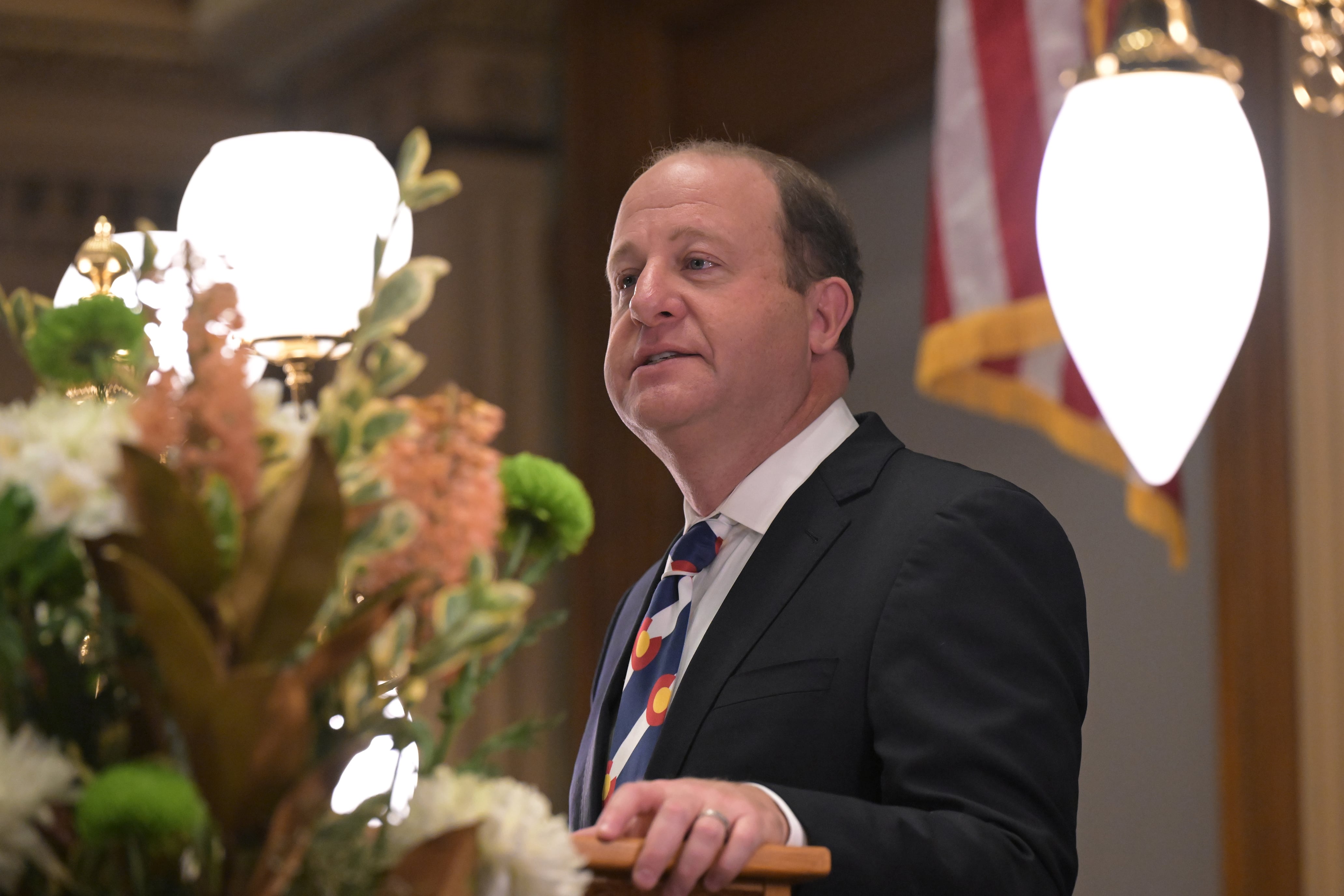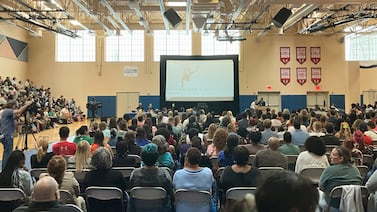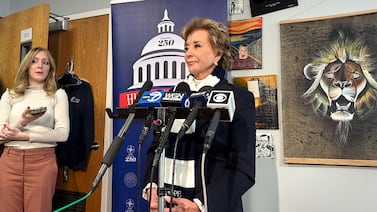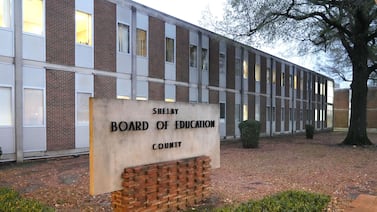Sign up for our free monthly newsletter Beyond High School to get the latest news about college and career paths for Colorado’s high school grads.
Colorado’s new school finance formula got some good news Thursday when Gov. Jared Polis changed course on his budget request for the upcoming year.
In his updated request for the 2025-26 budget, Polis asked lawmakers for $150 million to start phasing in funding for the new formula. That’s a $35 million increase from the budget the governor proposed in November, and would put the formula on track to be phased in over six years.
Lawmakers passed the new formula last year. The formula will more equitably distribute state funding based on the types of students districts teach, and help rural and smaller districts.
The updates to the governor’s budget are part of a months-long process. Such amendments from the governor occur every year at the beginning of January.
With the state facing a budget shortfall due to the increase in funding obligations, especially for Medicaid, the blueprint Polis released in November called for Colorado to phase in the formula over seven years, instead of the six lawmakers originally envisioned. But the state’s revenue forecast has improved slightly since then, even though the state still must make cuts to balance the budget and fulfill obligations, according to a news release from Polis.
“Even in a tight budget year, these investments will help all Colorado students thrive,” Polis said.
Polis’ November proposal sparked concern from school district leaders, as well as members of the powerful Joint Budget Committee.
However, Polis did not defuse all controversy in his revised budget plan. He’s maintaining his desire to change how the state calculates student enrollment for the purpose of the budget. The governor’s proposal would use a single year count of enrollment, instead of a four-year average, to fund schools.
District leaders have said that the proposal hurts schools in districts that are losing students. A four-year average allows schools to lessen the budget impact of enrollment declines. Polis has countereded that the single year of enrollment data eliminates spending on “phantom students,” or students who are no longer enrolled in a district, and aligns the state with other states across the nation.
The Joint Budget Committee will take Polis’ supplemental budget requests into consideration, and draft the budget that lawmakers vote on during the session. Polis also included these items in his budget amendments released Thursday:
- An additional $12 million to support students who are at risk, such as students from lower-income backgrounds.
- $10 million more for the Child Care Assistance Program to help address new mandates that aren’t funded by the federal government.
- Almost $30 million more to support school meals for this and the next budget year.
- The restoration of $14.6 million for Colorado’s rural colleges and universities.
- An additional $3.3 million for Colorado’s Universal Preschool program for providers.
Jason Gonzales is a reporter covering higher education and the Colorado legislature. Chalkbeat Colorado partners with Open Campus on higher education coverage. Contact Jason at jgonzales@chalkbeat.org.






